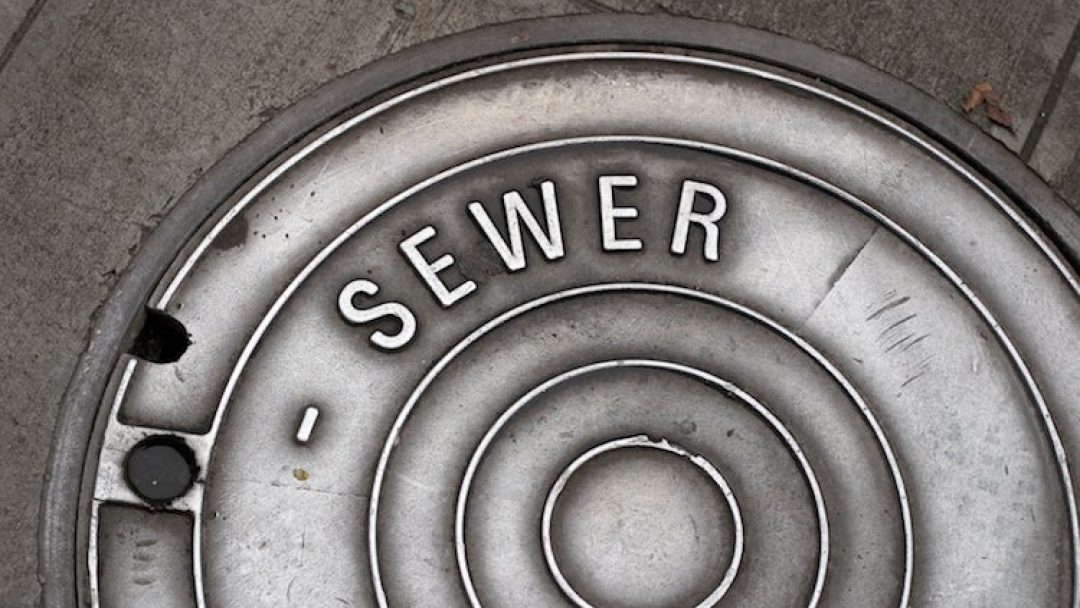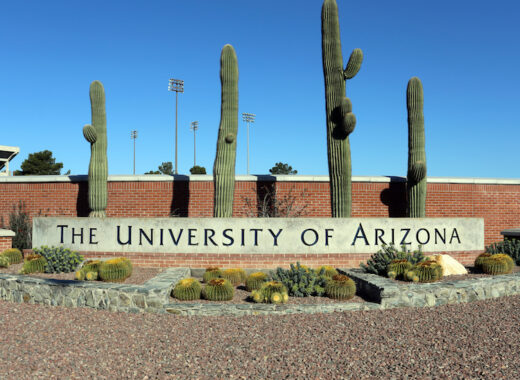Arizona State University has partnered with the cities of Tempe, Gilbert and Guadalupe in an effort to monitor levels of COVID-19 in wastewater.
“We have for a long time had the vision of creating of what we call an ‘early warning system’ to measure threats to public health before they manifest in diseases,” Professor and Director of the Biodesign Center for Environmental Health Engineering Rolf Halden said.
A partnership between the city of Tempe and ASU first brought made that vision a reality two years ago when they created a monitoring network to examine health information that flowing in the sewer.
The monitoring system has measured the types of drugs and the concentration of drugs — such as opiates — in wastewater. Now this partnership is hoping to use the same concept to uncover traces of coronavirus.
“We can monitor on a daily basis or a weekly basis, depending on how much monitoring is needed,” Halden added. “We are very excited to create essentially a readout of public health and it’s real time.”
The government hopes to achieve a goal of testing two percent of the U.S. population. ASU’s unique approach could offer much more than that — and at a faster rate.
“We are able, by using wastewater treatment plants to measure 70 to 80 percent of all American’s within the matter of a week,” Halden added. “So why wouldn’t we want to use this and why wouldn’t we want have custom tailored interventions in the areas where they are needed?”
Halden also believes this approach could yield economic benefits by stopping billions of dollars from being spent on clinical coronavirus tests.
Professor Halden has contacted the White House about their unique testing.
“We want to grow this, and we want to enable decision makers to tell the public what the situation is in their community is and why they’re implementing certain restrictions,” Halden said.
“We have successfully used this type of approach to inform decision making in respect to emergency response,” Halden added. “We meet with the Mayor’s team from Tempe at City Hall every month to interpret what we can do given the situation.”
Genetic material from the virus has been detected in the feces of some infected patients but little is known about how much of the virus is shed in stool, how long it is shed and whether it can be transmitted from the feces of an infected person, according to the Centers for Disease Control and Prevention.








